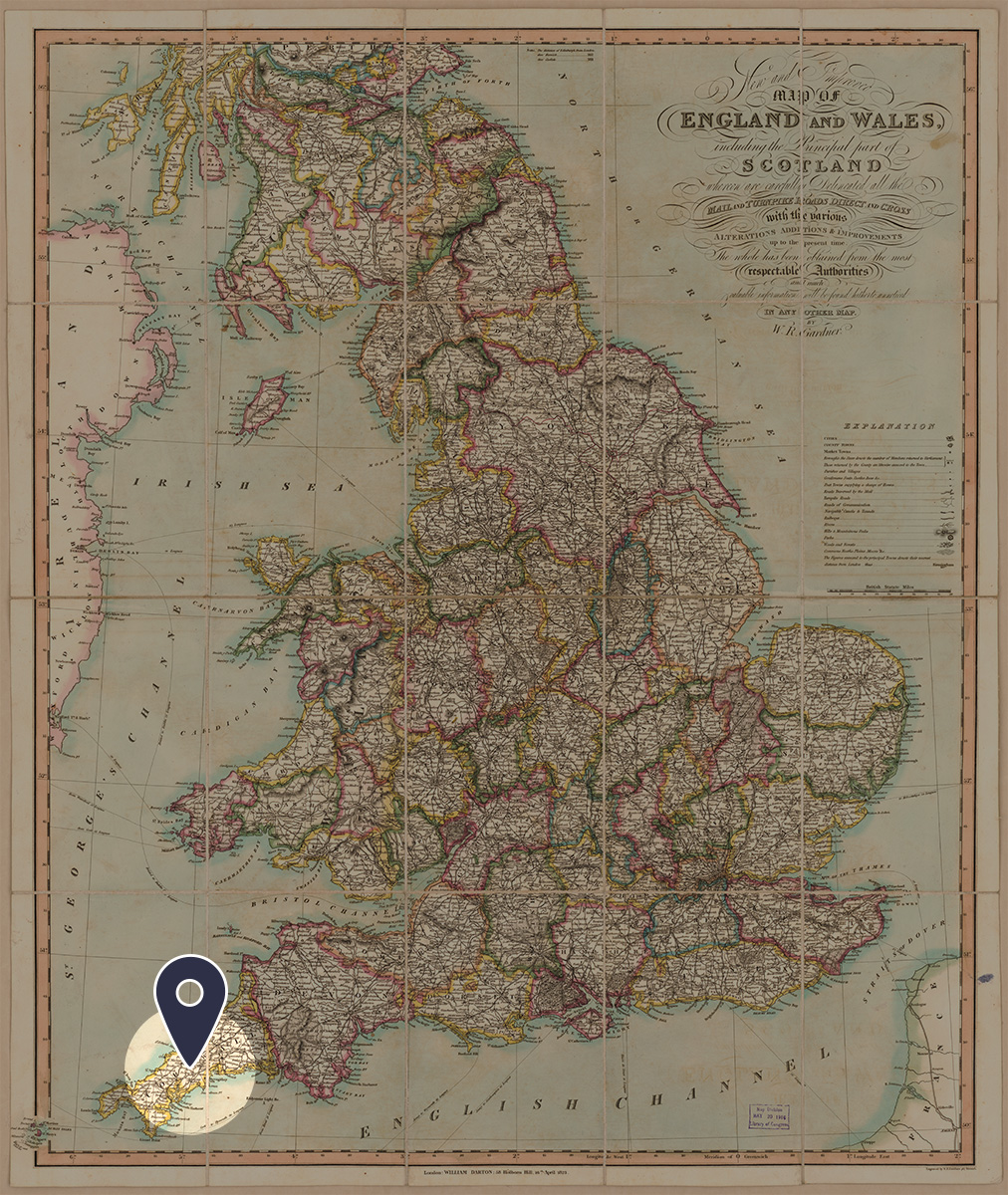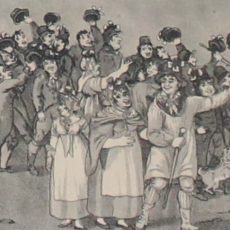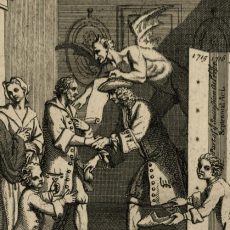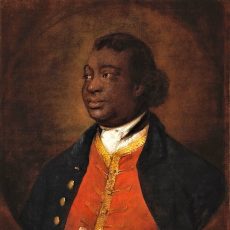
Grampound was a small Cornish village on the River Fal which became notorious as a ‘rotten borough’. Described as a ‘poor mean place’, its poor inhabitants established spinning and fulling mills, as its economy revolved around woollen manufacturing. In the early nineteenth century, a tannery was established, making the village noted for the manufacture of gloves. With a population of 525 people in 1801, Grampound returned two Members for Parliament. The village was overseen by a corporation that was formed by the mayor and eight aldermen. Members of the corporation were responsible for nominating freemen to add new freemen to the voterate.
As a rotten borough, bribery and corruption were rife in the constituency. Grampound was described as, ‘a place of great privileges and very poor inhabitants’, making the buying and selling of votes an easy task for candidates and local families. Notable families included the Vincents, Tanners, Boscawens, and Eliots. The Tanners were a local Tory family with property at Courte. The Vincent family was heavily involved in electioneering in Cornwall, with family members standing for Grampound, St Ives, Truro, Mitchell, and Fowey in the late seventeenth and early eighteenth centuries. The Boscawens of Tregothnan were also heavily involved in Cornish elections, serving as recorders in Truro, and a relative of whom stood for Grampound. Later in the century, the Eliots of Port Eliot maintained a strong interest in the village. The 1818 election contest in Grampound led to an inquiry which exposed the extent of corruption in the constituency and led to the conviction of Sir Manasseh Masseh Lopes and 23 voters for bribery in 1819. Grampound was notably disenfranchised in 1824 due to the rampant bribery and corruption in the constituency, the only constituency to be disenfranchised before the Reform Act of 1832.










